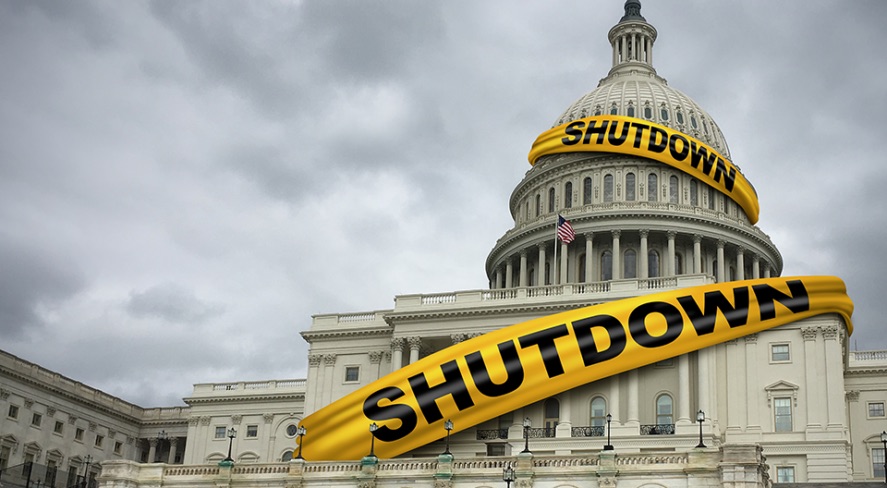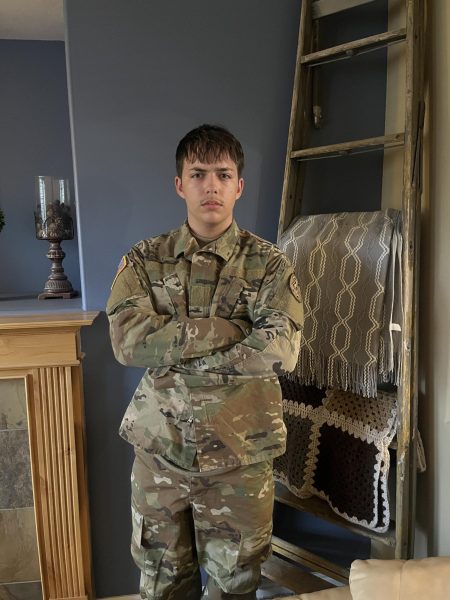When the federal government shuts down, it might seem like something that only affects politicians in Washington, D.C., but for high school students across the country, the consequences can show up in surprising ways: at home, in classrooms, and even in future plans.
A government shutdown happens when Congress can’t agree on a budget to fund federal agencies. When that happens, parts of the government stop operating and many federal employees are furloughed without pay. While public schools stay open because they are funded mostly by state and local governments, federal programs that support them can get disrupted.
For example, the National School Lunch Program and Head Start both rely on federal money. If a shutdown lasts long enough, those funds can get delayed, leaving schools scrambling to cover costs. Students applying for college may also notice slower FAFSA processing or delays with federal financial aid.
Families with parents who work for the government feel the impact most immediately. Missing paychecks can make it harder to cover everyday expenses, and that financial stress often trickles down to students. Some high school students with part-time jobs in federally funded programs or internships might also be temporarily out of work. In some cases, they might still be required to go to work, but not get paid. Backpay options are usually available afterwards, but sometimes people need their paychecks on time due to their situation.
Shutdowns usually happen because lawmakers can’t agree on how to divide funding across different priorities. They’re temporary, but they show how closely everyday life is tied to decisions made by our politicians.
For high school students, understanding this connection matters. The next time congress stalls over the budget, it’s not just a headline-it’s a reminder that national politics can reach all the way to classrooms.





